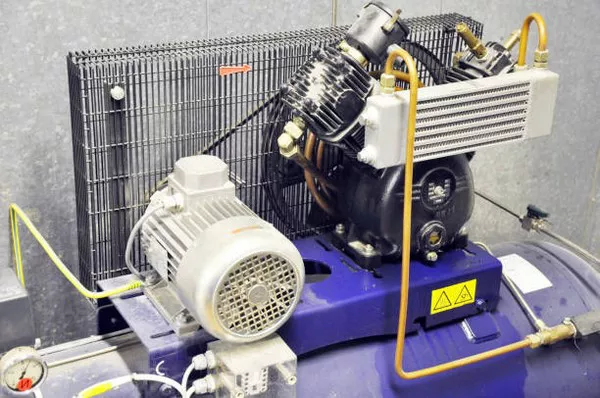In the realm of alternative power sources, propane generators have emerged as a reliable and efficient solution for both residential and commercial applications. Harnessing the energy potential of propane, these generators offer a versatile and cleaner alternative to traditional gasoline or diesel options. In this article, we delve into the inner workings of propane generators, exploring the key components and processes that make them a preferred choice for those seeking a dependable power supply.
Understanding Propane as a Fuel Source
Propane, also known as liquefied petroleum gas (LPG), is a hydrocarbon gas that is compressed into a liquid state for ease of storage and transportation. It is derived from natural gas processing and petroleum refining, making it a readily available and cost-effective fuel source. Propane is known for its clean-burning characteristics, producing fewer emissions compared to gasoline or diesel. This eco-friendly aspect positions propane generators as a sustainable option in the ever-growing pursuit of greener energy solutions.
Fuel System Components
A propane generator’s fuel system is a critical aspect of its functionality. The system comprises several key components that work in tandem to deliver a consistent and efficient power supply:
Propane Tank: The propane tank serves as the storage unit for the fuel. Typically installed outdoors, these tanks come in various sizes to accommodate different energy needs. Residential propane generators often connect to larger, fixed tanks, while portable generators may have smaller, refillable cylinders.
Regulator: The regulator is a vital safety component that controls the pressure of the propane gas before it enters the generator’s engine. Maintaining a steady pressure ensures optimal combustion and prevents damage to the generator.
Carburetion System: Propane generators utilize a carburetion system that mixes the propane with air before it reaches the engine. This mixture is then ignited to produce the necessary power. Unlike traditional gasoline generators, propane generators do not require a choke system, making them easier to start in various weather conditions.
Vaporizer: In colder temperatures, propane tends to vaporize more slowly. To address this, propane generators are equipped with a vaporizer, which accelerates the vaporization process, ensuring a consistent fuel supply to the engine.
Engine Operation
At the heart of a propane generator lies its internal combustion engine, similar to those found in gasoline-powered generators. The engine operates based on the four-stroke cycle: intake, compression, power, and exhaust. Here’s a breakdown of how propane is utilized within this cycle:
Intake: The carburetion system introduces a controlled mixture of propane and air into the engine’s combustion chamber during the intake stroke. Propane, being in a gaseous state at this point, easily blends with the air to form a combustible mixture.
Compression: The piston compresses the propane-air mixture, raising its temperature and pressure. Propane’s high octane rating ensures a smooth and efficient combustion process, reducing the risk of engine knock or damage.
Power: A spark plug ignites the compressed propane-air mixture, initiating a rapid combustion reaction. The resulting expansion of gases forces the piston downward, generating mechanical energy that drives the generator’s rotor.
Exhaust: The final stroke involves expelling the exhaust gases produced during combustion. Propane combustion emits fewer pollutants compared to gasoline or diesel, contributing to a cleaner and more environmentally friendly operation.
Advantages of Propane Generators
Propane generators offer a range of advantages that contribute to their growing popularity:
Environmental Benefits: Propane combustion produces lower levels of carbon monoxide, nitrogen oxides, and particulate matter compared to gasoline or diesel. This makes propane generators a cleaner and more environmentally friendly option.
Cost-Efficiency: Propane is often more cost-effective than gasoline or diesel, making propane generators an economical choice for long-term use. Additionally, propane’s stable pricing is less susceptible to fluctuations in the oil market.
Storage Stability: Propane remains stable in both liquid and gaseous states, allowing for easy storage without the risk of degradation or evaporation over time. This ensures a reliable fuel supply when needed.
Extended Engine Life: Propane’s cleaner combustion results in reduced engine deposits, extending the lifespan of the generator. Propane generators generally require less maintenance and experience less wear and tear compared to their gasoline counterparts.
See Also How Does A Power Generator Work? A Comprehensive Overview
Conclusion
Propane generators stand as a testament to the innovation in alternative power solutions, providing a cleaner, cost-effective, and reliable source of energy. From the propane tank to the combustion process within the engine, each component plays a crucial role in delivering power seamlessly. As the world continues its pursuit of sustainable energy options, propane generators shine as a beacon of efficiency, offering a bridge to a cleaner and more resilient future.

